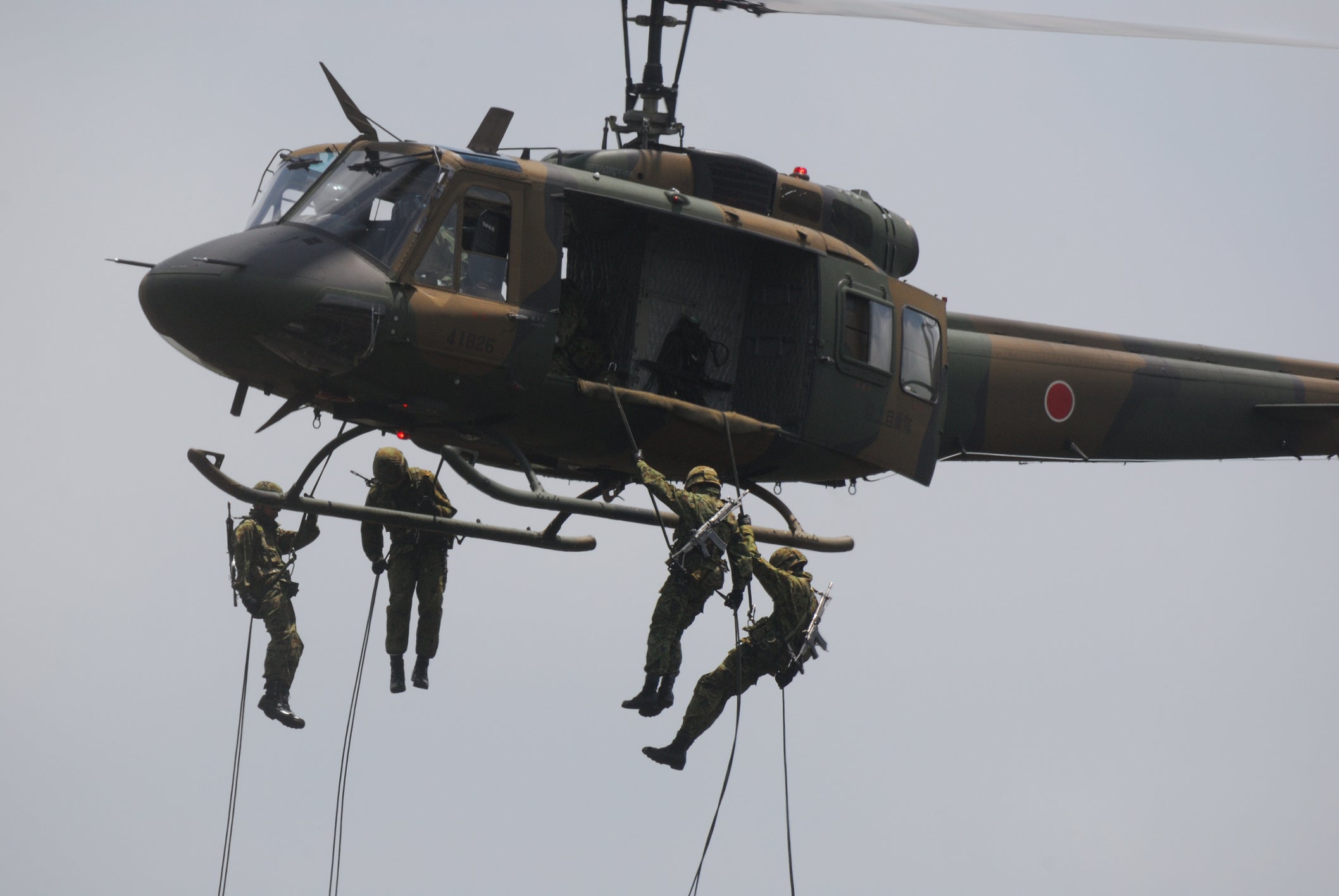Important points to note in fire prevention at home
table of contents
Introduction
1. Precautions regarding cooking
2. Electrical safety
3.Smoke detectors and fire alarms
4.Other precautions and measures
summary
Introduction
Fire is a serious threat to home safety, but the risk can be minimized by taking the proper precautions. In this article, we will explain in detail fire prevention at home and introduce precautions. Keep your family and home safe by following these points.
1. Precautions regarding cooking
1-1 Management of fire sources
① Control of the source of fire during cooking
While cooking, keep an eye on your cookware and stove. It is important to stay supervised while around a fire.
Avoid placing flammable or combustible items around cooking utensils and stoves.
② Management after work using fire
When you finish cooking or working with fire, make sure to extinguish the fire. It is recommended to use a fire extinguishing lid or fire extinguisher when extinguishing fires in cooking utensils.
It is also important to turn off the stove. Some cooking utensils may retain heat even after the flame has been extinguished, so avoid extra fire risk by turning off the stove.
③Management of fire sources when fire is not used
Even in situations where fire is not used, care must be taken. Be careful with anything that uses flame, such as candles and incense.
When using candles or incense, place them on a stable stand or holder that will not burn, and place them in a place where they are not easily affected by wind or vibration. It is also important to keep it away from flammable or combustible items.
④Measures to take when you are away for a long time
If you will be away from home for an extended period of time, it is important to completely extinguish the source of the fire. Make sure to extinguish anything that uses fire, such as stoves, stoves, and candles.
Don't leave electrical appliances and lighting unattended and turn them off. This reduces the risk of fire caused by heat generation or short circuits.
⑤Maintaining the cleanliness of the area around the source of the fire
It is also important to keep the environment around the fire clean. Residues such as grease and food particles around cookware and stoves can increase the risk of ignition. Clean regularly and keep the area around the fire clean.
1-2 Handling oil
① Appropriate oil temperature control
When cooking with oil, controlling the temperature of the oil is very important. Overheating the oil increases the risk of ignition, so be sure to control the temperature appropriately.
It is recommended to use a thermometer to control the oil temperature. Be careful not to let the oil temperature exceed the set temperature.
② Precautions when cooking with oil
Use appropriate utensils when cooking with oil. Choose heat-resistant cookware and deep pots and pans.
When heating oil, adjust the amount of oil appropriately. If you use oil that exceeds the capacity, the oil may overflow and cause a fire.
When heating oil, keep an eye on the oil poured into the cooking utensil. The oil can overheat quickly, so keep an eye on it.
③Response in case of fire outbreak
If a fire occurs while cooking with oil, never pour water on it. Oil and water may react and increase the force of the spray and fire, potentially causing the fire to spread.
In the event of a fire, use a fire extinguisher or fire blanket to extinguish the fire quickly. It is also important to check how to use a fire extinguisher in advance.
④ Disposal of oil after use
Dispose of oil properly after use. Avoid disposing of oil directly down the sink or in the garbage; instead, transfer it to a designated container for disposal. Follow local government guidelines and choose the appropriate waste oil disposal method.
Sufficient care must be taken when handling oil. Proper temperature management and careful behavior can minimize the risk of oil fires. It is also important to know what to do in the event of a fire. Practice safe oil handling.
2. Electrical safety
2-1 Inspection and maintenance of electrical equipment
① Importance of regular inspection and maintenance
Regular inspection and maintenance of electrical equipment is essential to detect and correct potential problems and defects early.
Regular inspection and maintenance keeps your electrical equipment safe and efficient by replacing or repairing components that have deteriorated or worn out, and checking for broken wires or overheating.
②Request to an expert
Inspection and maintenance of electrical equipment requires specialized knowledge and experience, so it is recommended that you hire a specialist. Hire a qualified professional, such as an electrician or certified electrician, to perform inspection and maintenance.
③Inspection and maintenance items
Inspect wiring and connections : Wiring and connections can have problems such as breaks, looseness, deterioration, or overheating. Our experts will inspect these and make repairs or replacements if necessary.
2-2 Inspecting switches, outlets, and plugs
① Inspection of overload protection device
Overload protection devices serve to protect electrical circuits from overload. Experts check the proper operation of overload protection devices.
②Inspection of lighting equipment
Inspect lighting equipment for deterioration, disconnections, and replacement of light bulbs.
③ Proper protection of wiring
Check that wiring is protected from damage and wear, and is properly insulated.
2-3 Regular inspection and maintenance schedule
Daily precautions and safety
When using electrical equipment, it is important to properly turn off the power and follow proper instructions for using electrical appliances.
Make sure to maintain a safe environment by avoiding moisture and humidity around electrical equipment, and arranging wiring so that it will not get caught.
Inspection and maintenance of electrical equipment is important for fire prevention and ensuring home safety. Regular inspections and professional maintenance can help minimize electrical problems and risks.
2-4 Use and storage of electrical products
When not using electrical appliances, unplug them from the outlet. Electrical appliances left unused increase the risk of fire.
When storing electrical products, avoid storing them in areas where they may overheat or catch fire, or near flammable materials.
3.Smoke detectors and fire alarms
3-1 Installation of smoke detectors and fire alarms
Install smoke detectors and fire alarms in appropriate locations in your home. It is recommended to install it in key areas such as bedrooms, living rooms and hallways.
When installing, please follow the instruction manual of the product and install it at the appropriate height and position.
3-2 Maintenance of smoke detectors and fire alarms
Replace the batteries in smoke detectors and fire alarms regularly. It is normally recommended to do this once a year.
Regularly check the operation of smoke detectors and fire alarms to make sure they are functioning properly.
4.Other precautions and measures
4-1 Handling fire
Avoid smoking at home as much as possible. If you do smoke, do so in a designated area and completely extinguish the fire before disposing of it.
If you use candles or incense, place them in a place where they won't burn, and be careful when handling fire.
4-2 Fire prevention training
① Sharing with family and roommates
It is important that all family members and people living together participate in fire prevention training. Share training plans and procedures and make them aware of the importance of training.
② Formulation of evacuation plan
An evacuation plan is a plan for quickly and safely evacuating a building in the event of a fire. As part of your training, develop an evacuation plan with your family and people you live with.
It is important to clarify specific procedures such as evacuation routes, evacuation locations, and means of communication during evacuation. Also, know the location of stairs and exits so you don't get lost in an emergency.
③Check the fire alarm
Before training, check that the fire alarm is working properly. Regular battery replacement and maintenance are performed to ensure reliability.
④ Training in appropriate behavior
It is important to remain calm in the event of a fire. During training, learn appropriate behavior patterns in the event of a fire.
If the fire alarm sounds, evacuate immediately and stop using electricity and gas. Also, touch the doorknob to check how hot it is, and if it's hot, find another escape route instead of opening the door.
⑤Implementation and evaluation
Conduct regular fire drills to practice evacuation and confirm appropriate behavior. After training, review and evaluate to identify areas for improvement and problems.
⑥ Expert advice
It is also important to seek advice and guidance from experts and your local fire department. The fire department provides training programs, materials, and assists with actual training.
By regularly conducting fire prevention training, you can improve your ability to respond in the event of a fire. Train your family and people you live with to ensure you are prepared for fire risks.
4-3 Regular home inspection
① External inspection of the house
Inspect the exterior walls and roof : Inspect the exterior walls and roof for cracks, water seepage, and deteriorated parts. Check especially for signs of leaks or damage.
Inspect windows and doors : Check the operation and sealing condition of windows and doors to check for deterioration or sealing problems.
② Internal inspection of the house
Inspect wiring and electrical equipment : Inspect wiring and electrical equipment for problems such as breaks, loose wires, deterioration, overheating, etc. Also check the operation of electrical outlets and switches.
Inspection of water equipment : Inspect water pipes, faucets, toilets, and other water equipment to make sure there are no leaks or abnormal operations.
Inspect gas equipment : Inspect the condition of gas lines and gas appliances for signs of gas leaks. If you suspect a gas leak, contact a professional immediately.
③Inspection of firefighting equipment
Inspecting the fire alarm : Check the batteries and operating condition of the fire alarm to make sure it is working properly.
Inspect the fire extinguisher : Inspect the fire extinguisher regularly to make sure it has the correct expiration date and pressure.
④Cleaning and organizing
Regular cleaning and organization is important to maintain the safety and hygiene of your home. Pay attention to slippery areas on floors and stairs, obstructions in walkways, and the placement of items that could be a source of fire.
⑤Creating a maintenance schedule
It is important to perform regular home inspections and maintenance. Create a maintenance schedule and perform inspections and maintenance work systematically.
Regular home inspections allow you to identify and correct problems and risks early. Maintain a comfortable and safe home environment by performing regular inspections. You may receive advice and instructions from a specialist, so we recommend that you consult with a specialist if necessary.
summary
By adhering to these points, you can minimize the risk of fire and keep your family and home safe. It is important to always be aware of fire prevention and take appropriate measures.







